For many people, doing a Permaculture Design Course (PDC) can be a life-changer – whether it’s opening your eyes to a new way of seeing, living or doing, or giving you the confidence to go out and do those things.
Quite a few of our lovely PDC students end up heading on different career trajectories after doing their course, and with a whole lot of great stories to tell, we’re starting a new blog series called Permaculture Futures!
We’ll be chatting to some ex-students who have gone on to do some pretty damn inspiring things. First up – Seed Harvest Spoon.
As one half of the Seed Harvest Spoon duo, Michelle Carrick did her PDC with Milkwood in 2010 and upon going to her daughter’s school full of ideas, met up with Bree Velluti, another green-thumbed parent in the school.
Their journey culminated in the beginnings of Seed Harvest Spoon, a thriving business which now runs workshops and ongoing lessons with early childhood centres and primary schools – we spoke with Michelle about what they have been getting up to.
Can you give us a rundown on your backgrounds and how Seed Harvest Spoon came to be?
I grew up in the country, and like many people I moved to an urban area looking to reconnect a part of the lifestyle I had while I was growing up. What we know as sustainability and permaculture now was a way of life for my family – we did it all naturally.
Much of my knowledge about the environment has evolved from these early experiences.
While on my PDC I designed plans for my daughter’s school garden. I took those plans back to my school community where a group of interested people thought it would be fantastic if we could put the ideas in to action.
From there we completed an eight-week community garden/permaculture course that was to enable a group to come together with a shared understanding and philosophy for the project.
This is where I first met Bree – even though we had both been at the school about four years with our children being in the same year, it was this common interest that brought us together.
Bree’s husband is a fruit and vegetable providore and her dad is in a similar industry. This connection with healthy food, farmers and restaurants has fostered Bree’s interest in teaching young children an appreciation about where their food comes from.
Bree has completed various courses in Permaculture, market gardening, and food forest design; she also has a degree in science.
The project at our children’s school was a first for our council area. Many schools were interested in how to make a start in their own environment and would ask for advice.
I began delivering talks and workshops on a volunteer basis, sharing knowledge and experience gained in establishing our school and community garden. This extended to an early childhood service (being my career background) that asked for help setting up sustainability practices – the service offered to pay me for this support.
This was a first, and from that small step Seed Harvest Spoon developed. Bree and I initiated Seed Harvest Spoon based on a passion and interest in sharing our knowledge and experience in environmental education and teaching young children.
Through word of mouth our small organisation evolved to engage other early childhood services and from here schools and community groups came on board as well.
We have written and documented programs linking learning to science literacy, based on holistic curriculum outcomes covering all learning areas while complementing various learning styles – particularly enquiry and experiential learning.
What’s the day-today activity like for Seed Harvest Spoon?
At the moment we work with a number of early childhood services and schools Sydney wide. We also work within marginal schools to support community development. We are invited in and begin teaching the basics from soil upwards.
Our workshops and programs are based on ecology and permaculture principles, and are structured to compliment the school environment and reflect school curriculum outcomes across learning areas.
I think our programs are attractive to schools due our flexibility to work within their individual environment based on needs, what the school has in place and the diversity of programs on offer.
For early childhood services we have designed a specific program that enables services to initiate and implement environmental/sustainability practices to enhance learning and develop a connection based on deeper meaning.
We promote science literacy and family centred learning to extend knowledge to the broader community.
We have a broad range of lessons that we deliver to schools and early childhood, some of our most popular being about worms, growing, water and bees.
Our worm farm workshop, covers much more than than setting up a worm farm and learning about what the worms like to eat and don’t like to eat – while this is important we create connections by delving deeper to understand worm ecology – anyone who was squeamish about worms at the start will be confidently holding a worm by the end of the session.
We have bee busy presenting learning to early childhood and schools, and have extended this learning to community groups within our community garden and through council initiatives.
How did your PDC influence the birth of Seed Harvest Spoon?
It has been amazing for me, as I never thought that I would have the chance to combine my two passions of working in nature and educating children to such an extent. I have always had this interest and the PDC brought it all together and to fruition.
The PDC gave me the confidence to go to my community, and engage others in what I had learnt and ignite an interest in implementing plans and practices in our own community.
Since completing my PDC I have continued down the path being mindful of ethics and principles learnt reflecting on how these impact daily decisions and actions.
This awareness has opened and enabled me to accept opportunities presented, helping me to build on knowledge and take a new step every day – it has evolved
quite naturally.
The PDC has definitely given me skills and knowledge in designing and implementing projects that support and enhance community participation.
Do you find yourself using skills in your enterprise from your PDC?
We reflect on permaculture as much as possible within our organisation and teaching by implementing actions based on design, ethics and principles while considering individual circumstances and requirements.
Our lessons reflect permaculture principles and ethics in all we do, it is a part of our philosophy that filters though to learning and awareness from the very young.
One of our initial lessons delivered to children is Observe and Interact, from a Permaculture perspective this plays large part in understanding our environment and redeveloping a connection – many of us have lost the ability to look and notice.
Permaculture filters through the learning we deliver to understanding basic mapping skills, ethics and principles, community participation to discovering solutions and much more.
What keeps you motivated in what you’re doing?
Working with children definitely, there is so much joy in that. Also, working outdoors in nature, I am mixing the best of both worlds.
I am learning so much with the children – learning is a partnership. I have a certain amount of knowledge that I share, and I find every day I am working alongside children I learn something new from them, whether it is a question they have asked me that we then need to research to find an answer, or through experiences we share and notice while working in the outdoors.
That’s what keeps it alive for me. Each day you never know what to expect when working outdoors amongst nature and I am constantly learning something new every day and I love that.
Any particularly memorable experiences?
There are so many memorable experiences when working alongside children. Working with children in marginal schools is very rewarding; to engage and see joy in children while they are learning and gaining an understanding about their world and how they can contribute to change bring a great deal of purpose and potential to life.
We work with children of varied cultural backgrounds particularly children of Muslim origin; we learn much about their culture and growing food because of their home experiences with food, celebration and intergenerational knowledge sharing.
We gain valuable feedback from teachers and parents about children’s learning – I recently gained a new program booking from a teacher who was out shopping with her young 3 year old niece who told her not to buy a certain yoghurt as the packaging is non-recyclable.
This type of behaviour change is a result of the influence that young children have in sharing and taking information home to their parents and families. It is what we are a part of and contribute to every day.
And for them to come to me at the end and hug me and show their appreciation for my time being there is just lovely.
Our next Permaculture Design Course is on in Sydney on June 29 – July 12.
Thanks Michelle! Check out more of Seed Harvest Spoon’s excellent work here: www.seedharvestspoon.com.au
We’re on the lookout for stories about folks who have undertaken a Permaculture Design Course which has influenced their future projects and/or right livelihood.
If you’ve got a great story to tell, feel free to get in touch.
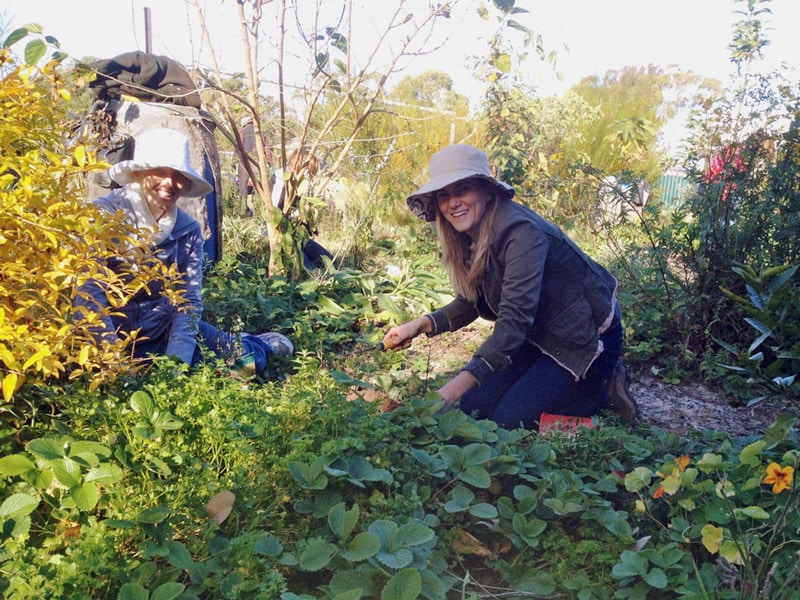
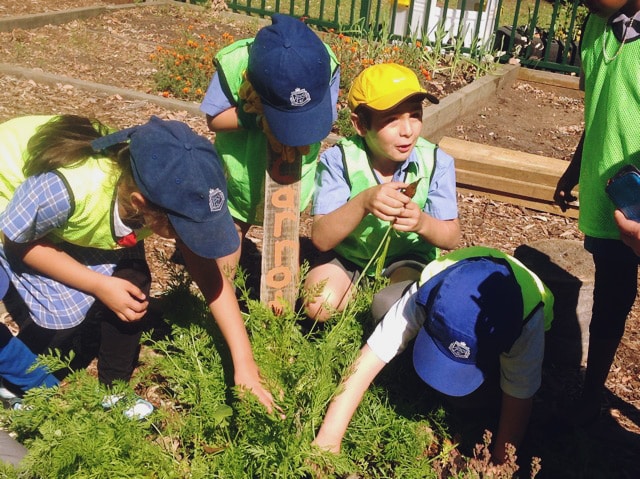
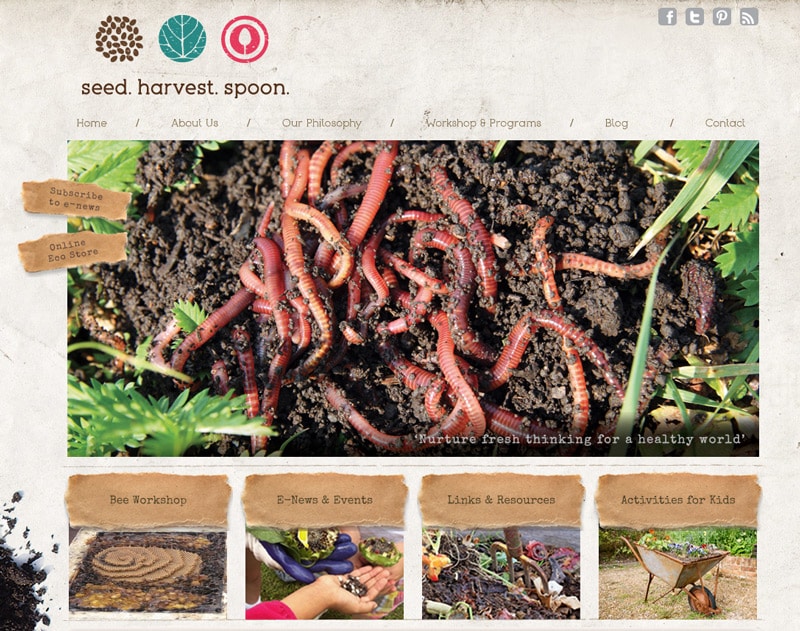
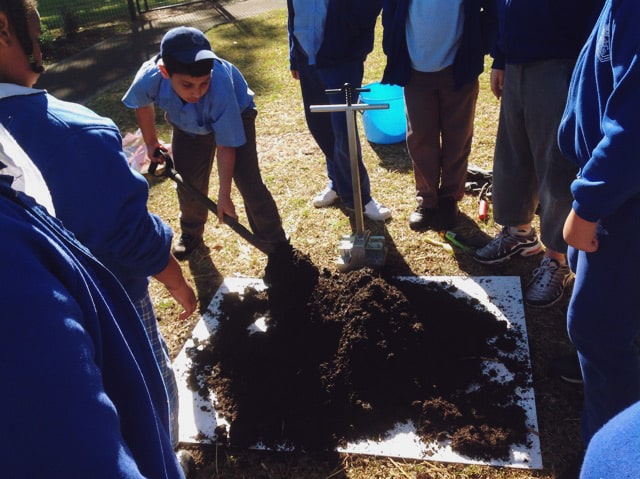
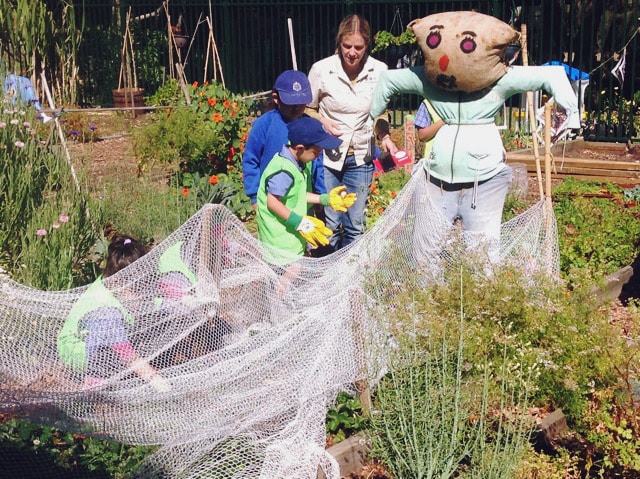
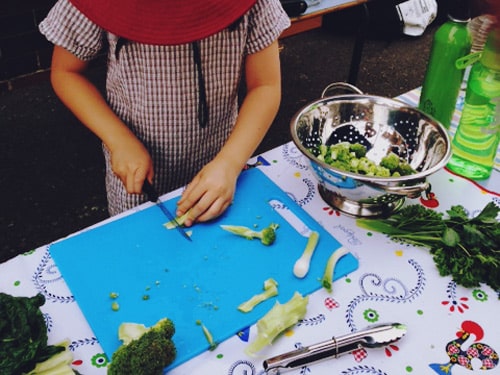
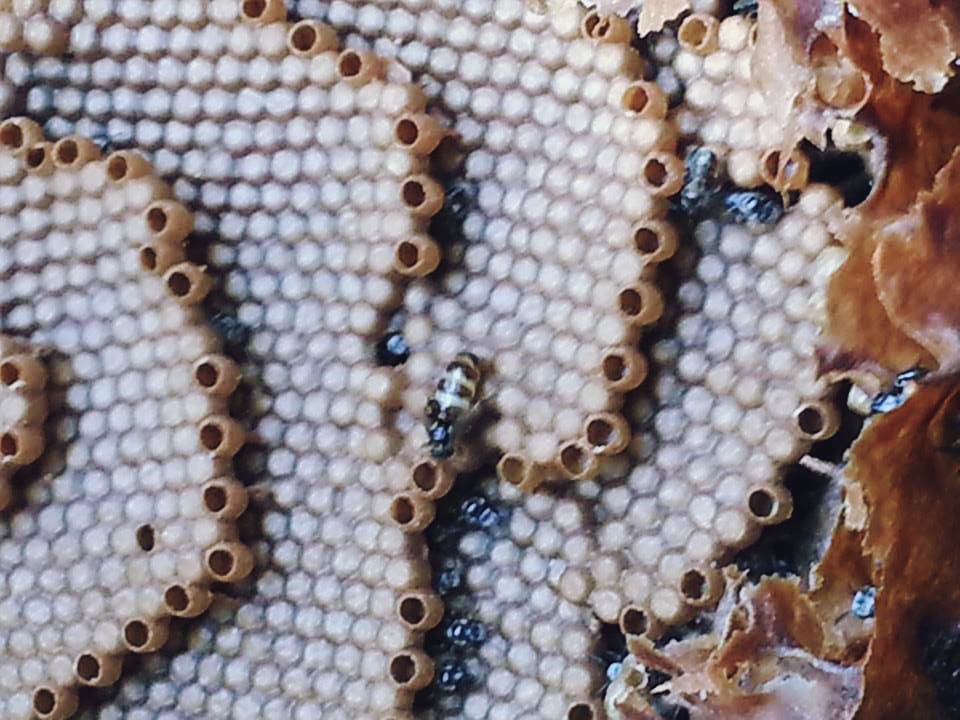
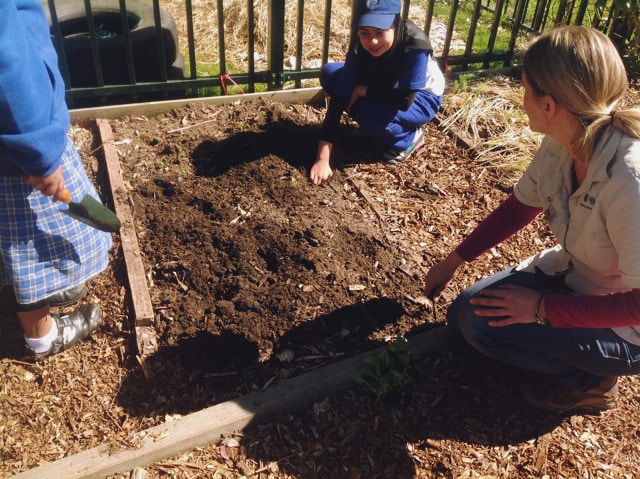
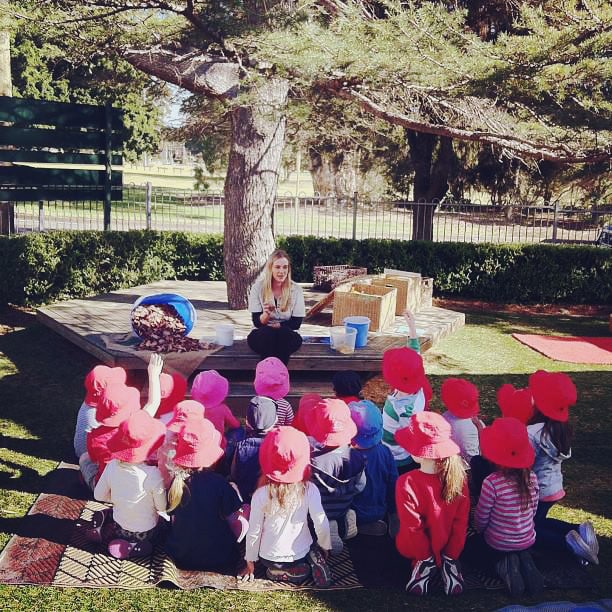
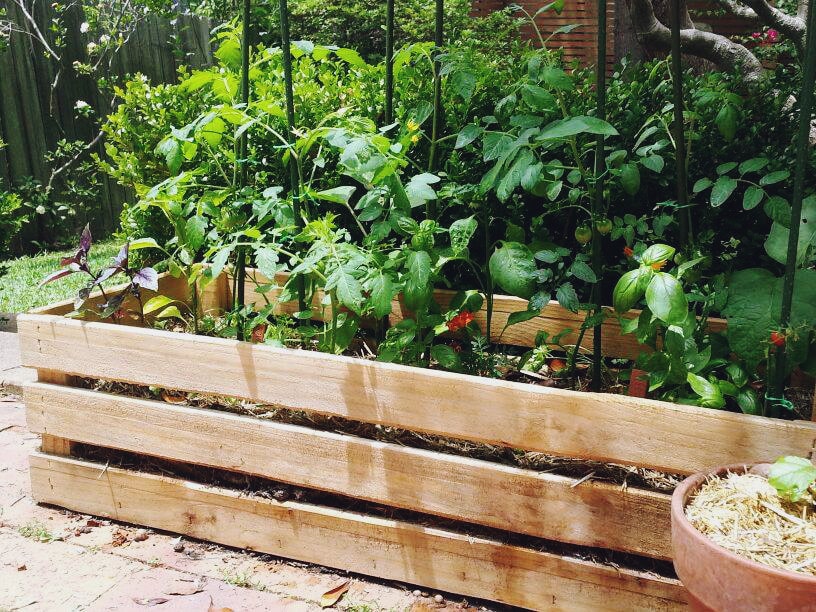
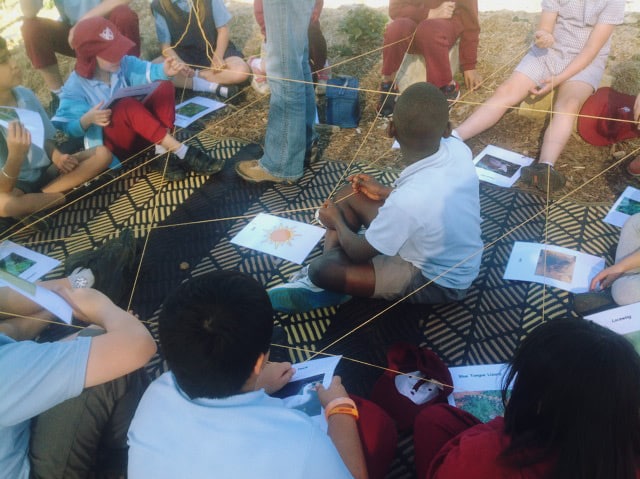
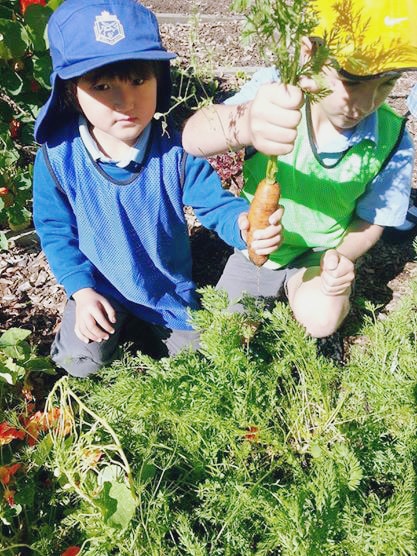
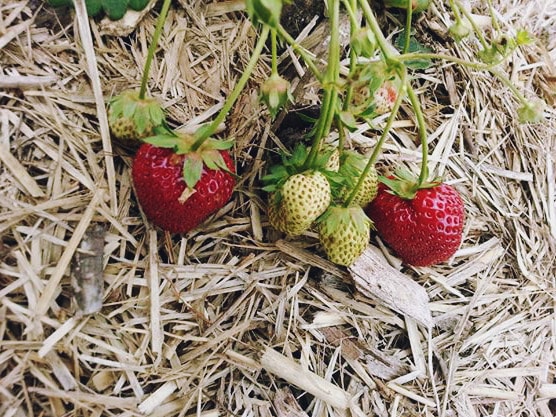
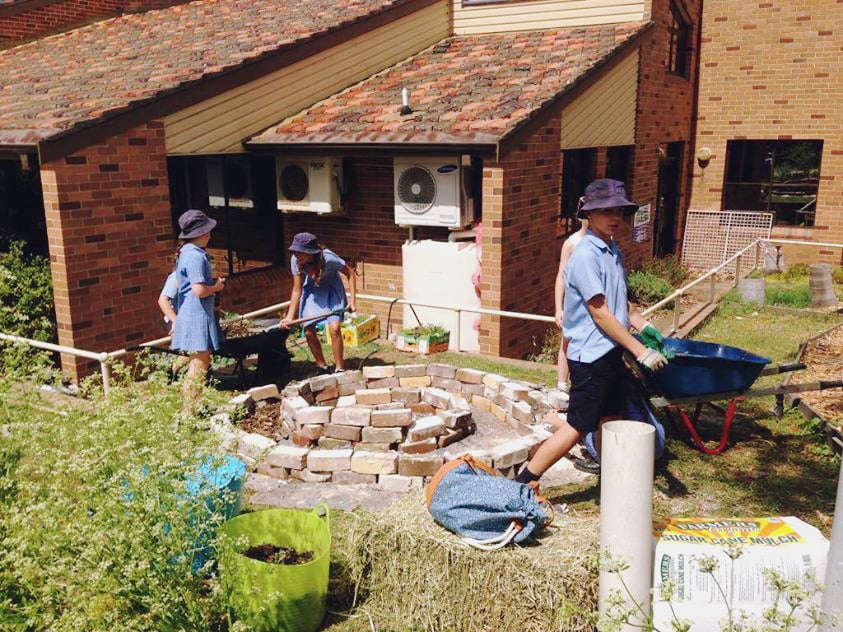
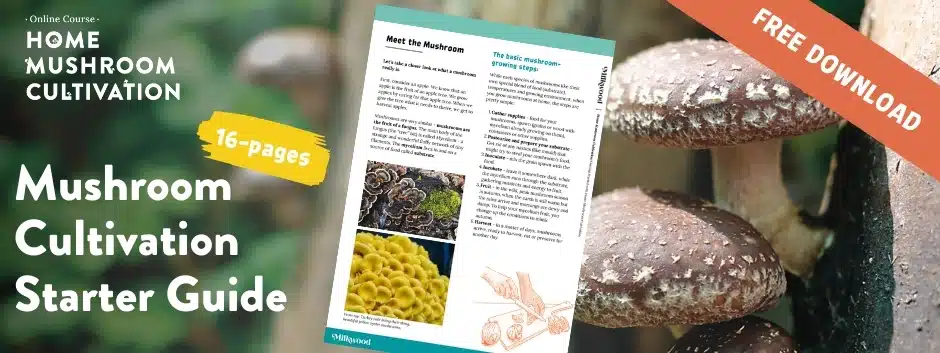
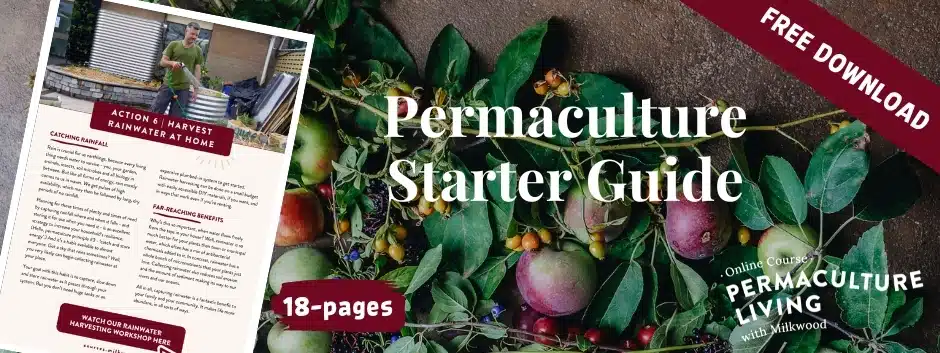
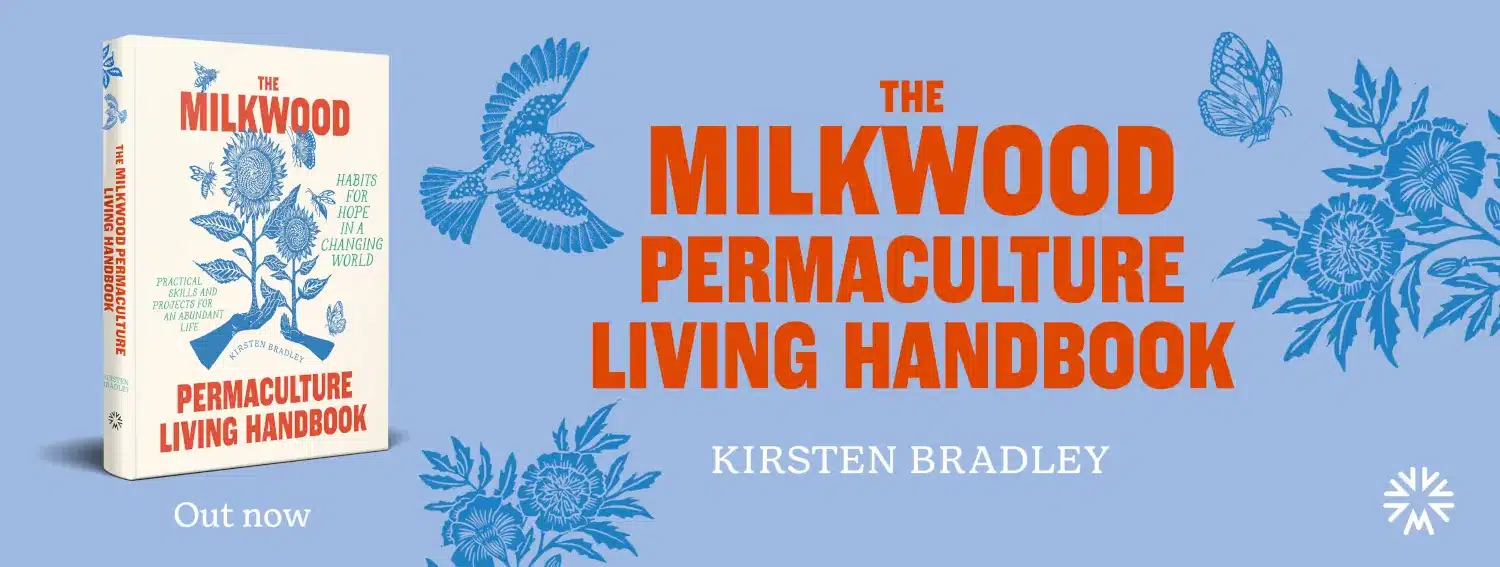
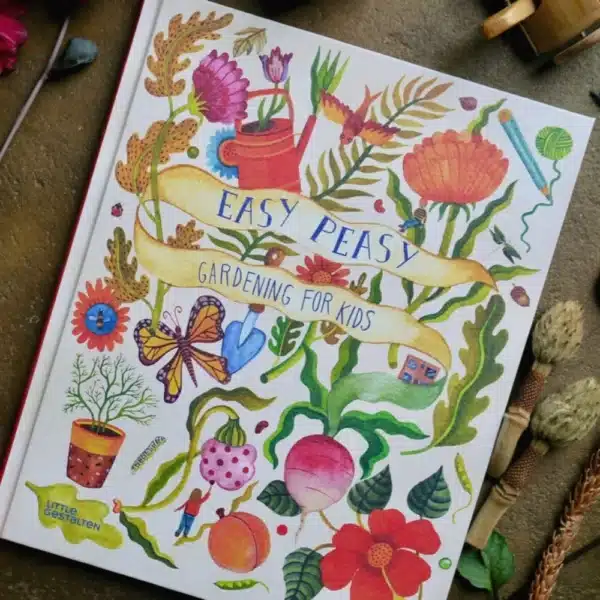
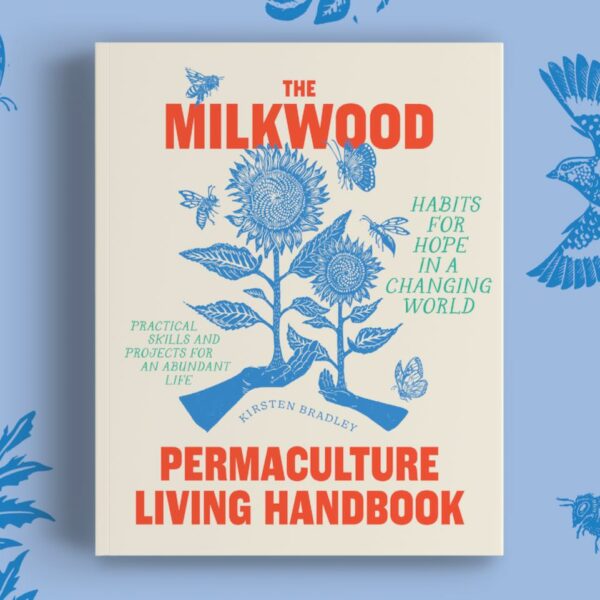
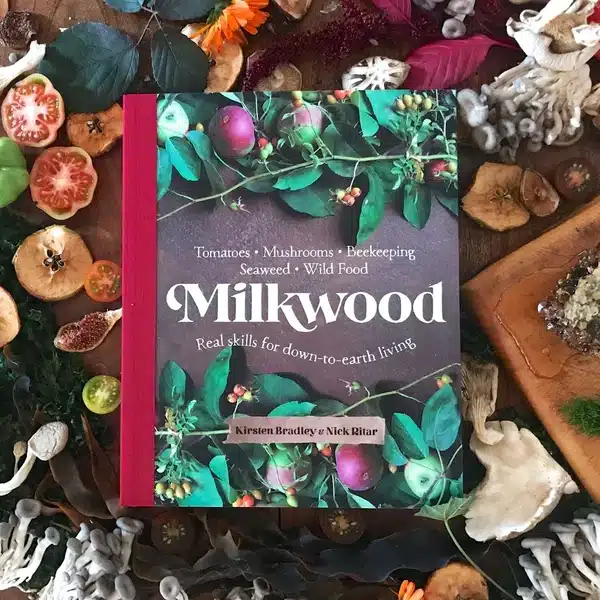






fascinating stuff here – and I’m so thrilled to see these important lessons begin taught at an early age. wonderful!
Gotta laugh. I thought this was going to be about some sort of fancy spoon that is used to harvest seeds.
buy now get one free!
What a great initiative! This sort of thing is so important in inner city schools as it’s very easy for kids to never see a productive garden etc. Or see theories in practice (e.g. life and water cycles). It’s one of the reasons I’ve been involved with our local community garden since my daughter was born- I want her connected to her food and community. Good things happen when you follow you’re interests. 🙂
eek! *your
Children are such great sponges when bringing them information like this, then they usually react and live responsively passing on some of the things they learnt to their parents. I remember about 20 odd years ago I started a course run in some local primary schools to identify the common weeds (I used to be a weeds inspector) around he community and their local school grounds. Excursions around the school, looking over the back fence, down the local creek and so on was great for the students. I found that so much information then went home for the rest of… Read more »
I met Michelle at the David Holmgren course you ran at Alexandria last year – how awesome to see all this fantastic work she’s doing 🙂